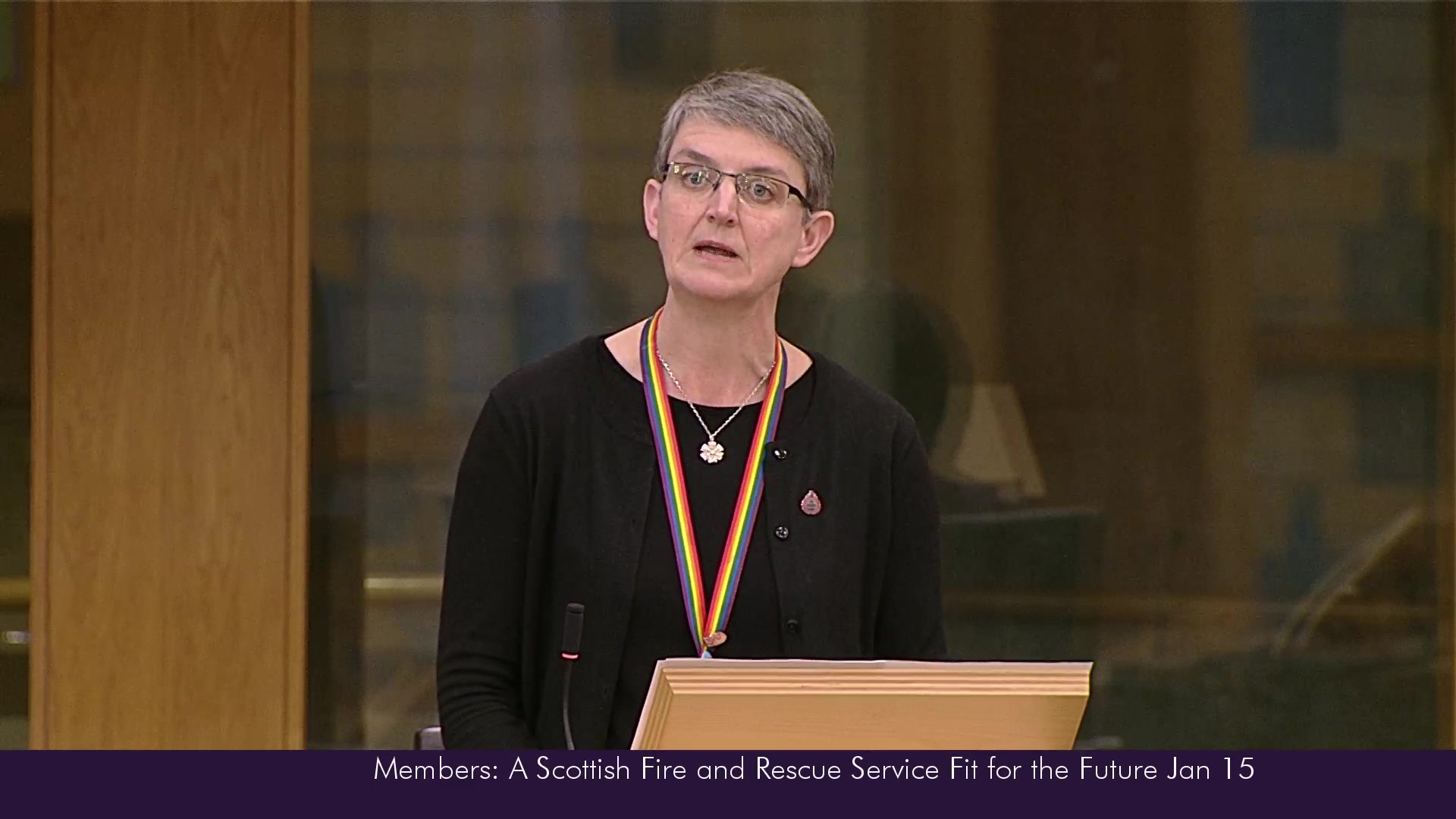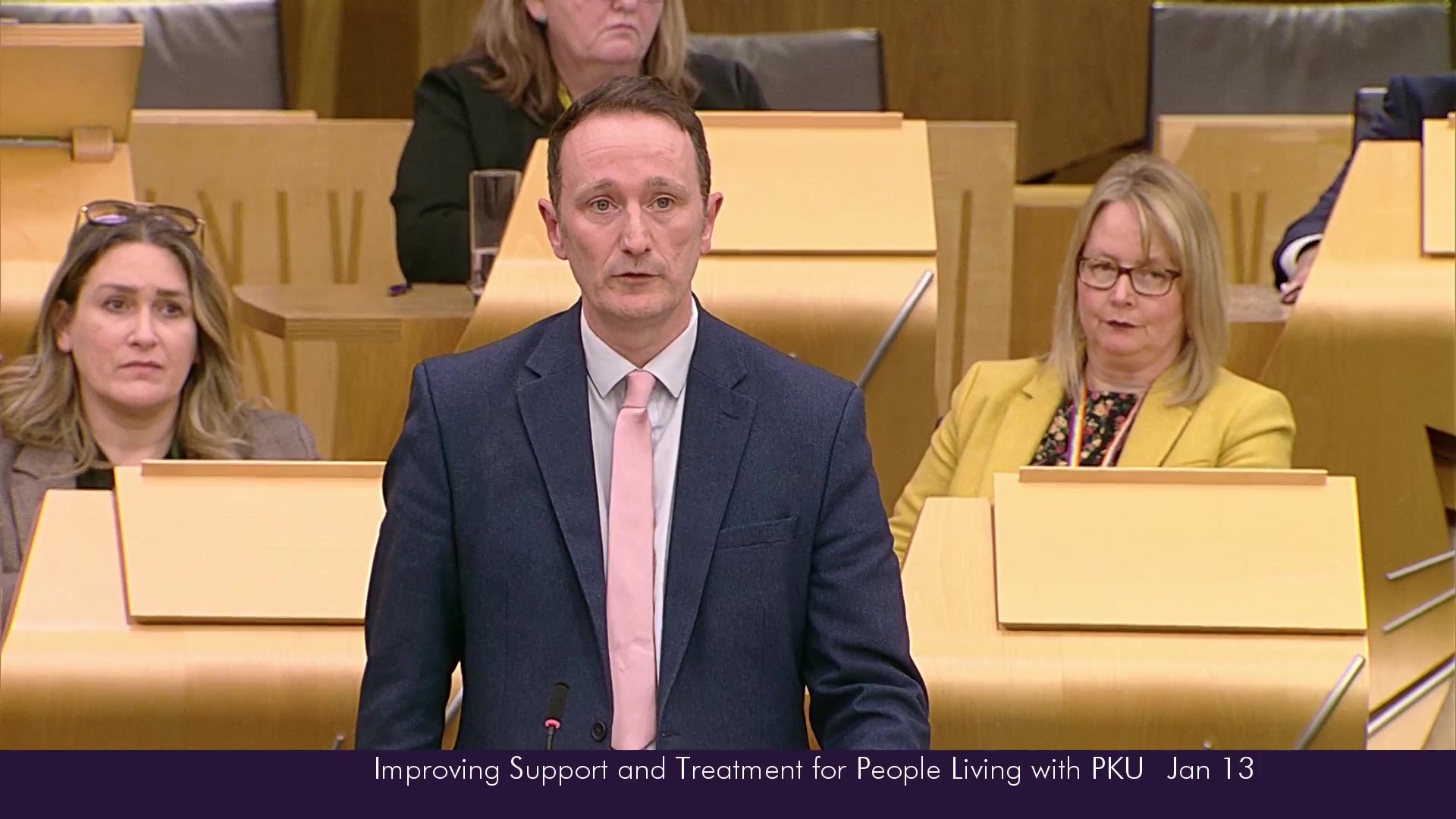Details
That the Parliament notes reports that there are 100,000 tonnes of unexploded ordnance in waters around the UK, which are relics of the first and second world wars; recognises that the presence of bombs, mines and shells in the waters around Shetland and the whole of Scotland pose potential obstructions to offshore projects; understands that the current common method of disposing of these devices involves powerful explosives that the Joint Nature Conservation Committee, a statutory adviser of the UK and Scottish governments, acknowledges can be very loud; notes the concerns of campaigners that this can seriously disrupt and threaten marine mammals, which use sound to find food, socialise and navigate, and can suffer hearing loss, other physical damage, and death as a result of loud sounds; further notes the reports that connect clearances with mass strandings; acknowledges the campaign for the adoption of available low-impact methods of disposal, such as low-order deflagration, which it understands have the support of Whale and Dolphin Conservation and other organisations; notes the calls for new guidance from Marine Scotland and the Joint Nature Conservation Committee, and what it considers as the potential benefits of this for low-impact disposal methods and enhanced protection of marine life, and highlights the event that was hosted in the Scottish Parliament informing MSPs about the issue in April 2022.
To share or download a clip: Set the start of the clip by seeking the video, then click Set start point. Repeat for the End point.
Share
Download
Preview



